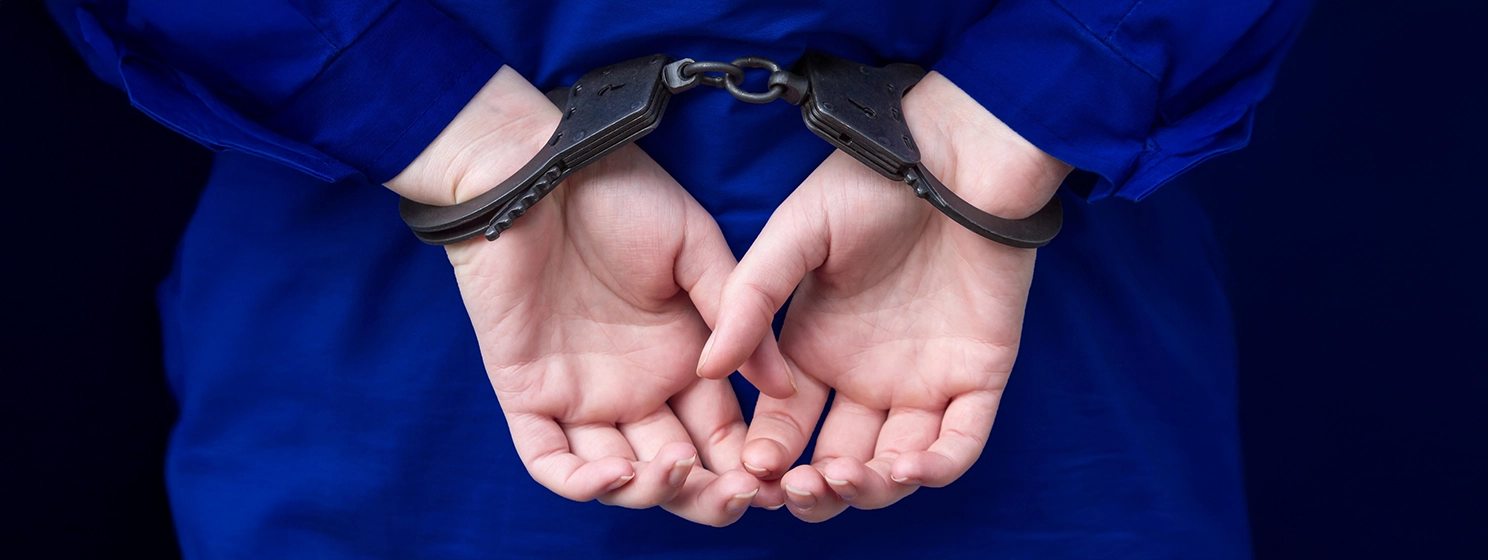|
Getting your Trinity Audio player ready...
|
A man and woman have been convicted by a United Kingdom court for their roles in a multibillion-pound fraudulent BTC scheme, after an investigation that resulted in the world’s largest seizure of digital assets to date, more than £5.5 billion ($7.4 billion).
The seizure followed a seven-year investigation by the Metropolitan Police’s Economic Crime team into an international money laundering scheme. Launched in 2018 on the back of intelligence received about the transfer of criminal assets, the investigation resulted in the arrest and prosecution, under the U.K.’s Proceeds of Crime Act (2002), of Chinese national Zhimin Qian, 47, and Malaysian national Hok Seng Ling, 46.
According to the Met Police, Qian (also known as Yadi Zhang) “played a leading role” in a large-scale fraud in China between 2014–2017. She allegedly defrauded over 128,000 victims and subsequently went on to store the illegally obtained funds in BTC assets. She then reportedly fled China using false documents and entered the U.K., where in September 2018, she attempted to launder the proceeds by purchasing property.
After the Met’s investigation and seizure of 61,000 BTC, Qian and her associate Ling were arrested in April 2024 for their parts in the scheme.
Both pleaded guilty at Southwark Crown Court this week (on Monday and Tuesday, respectively), Qian to acquiring and processing criminal property, namely BTC, and Ling to transferring criminal property.
“These two guilty pleas mark the culmination of years of dedicated investigation by the Met’s Economic Crime teams and our partners,” said Will Lyne, the Met’s Head of Economic and Cybercrime Command. “This is one of the largest money laundering cases in U.K. history and among the highest-value cryptocurrency cases globally.”
In 2024, as part of the same investigation led by the Met’s specialist economic crime officers, Jian Wen, an associate of Qian, was also jailed for her role in the operation. Specifically, the Met proved she had been involved in facilitating the movement of a digital asset wallet containing 150 BTC, valued at the time at £1.7million ($2.2 million).
In May 2024, she was sentenced to six years and eight months’ imprisonment, suggesting that Qian and Ling likely face a sentence at least as long.
Robin Weyell, Deputy Chief Crown Prosecutor for the Crown Prosecution Service (CPS) said of the case: “Bitcoin and other cryptocurrencies are increasingly being used by organised criminals to disguise and transfer assets, so that fraudsters may enjoy the benefits of their criminal conduct. This case, involving the largest cryptocurrency seizure in the UK, illustrates the scale of criminal proceeds available to those fraudsters.”
He added that the CPS “is committed to working closely with law enforcement and investigatory authorities, to bring to justice individuals and companies who engage in laundering criminal proceeds of a cryptocurrency fraud.”Also commenting on the convictions, Security Minister Dan Jarvis echoed these sentiments, saying that “money laundering erodes trust, undermines our economy, and fuels the rise of serious organised crime.”
Jarvis went on to say that the outcome of the investigation and conviction “sends a clear signal: the U.K. will never be a safe haven for criminals and their ill-gotten gains.”
Neither the Met nor the Security Minister elaborated on what would be done with the seized BTC, but in July The Telegraph newspaper reported that the U.K. Chancellor, Rachel Reeves, was working with police forces to sell off a stockpile of seized digital assets.
The plan met with a mixed reception from the industry. It remains to be seen whether Reeves will follow through, and if the £5.5 billion ($7.4 billion) seized as part of the Met’s international money laundering investigation will face the same fate.
Sentencing for Qian and Ling is scheduled at Southwark Crown Court on November 10 and 11.
Watch: Digital Asset Recovery takes token recovery seriously

 03-02-2026
03-02-2026 




